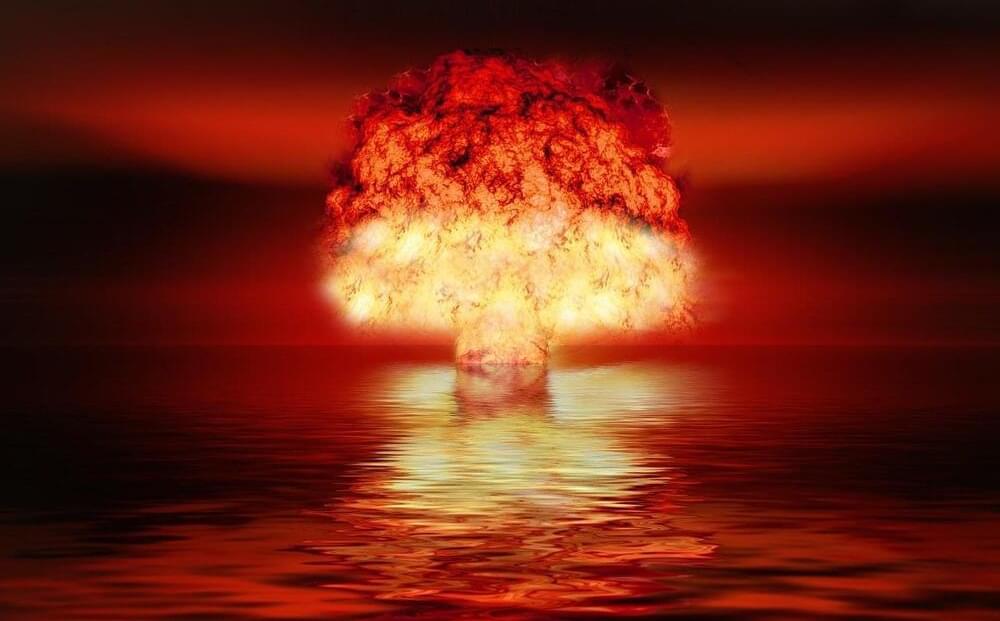Circle October 14th on your calendar for a solar eclipse and news about Humane’s AI Pin.
Humane, a startup founded by ex-Apple employees, plans to share more about its mysterious AI-powered wearable on the same day as a solar eclipse in October, co-founder Imran Chaudhri said in a video on the company’s Discord (via Inverse.
The device, officially called the “Humane AI Pin” (in the Discord video, Chaudhri pronounces that middle word like you would say the word AI), is being promoted as something that can replace your smartphone. In a wild demo at this year’s TED conference, Chaudhri uses the device, which is somehow attached to his jacket at… More.
We still have a lot of questions about the device.









